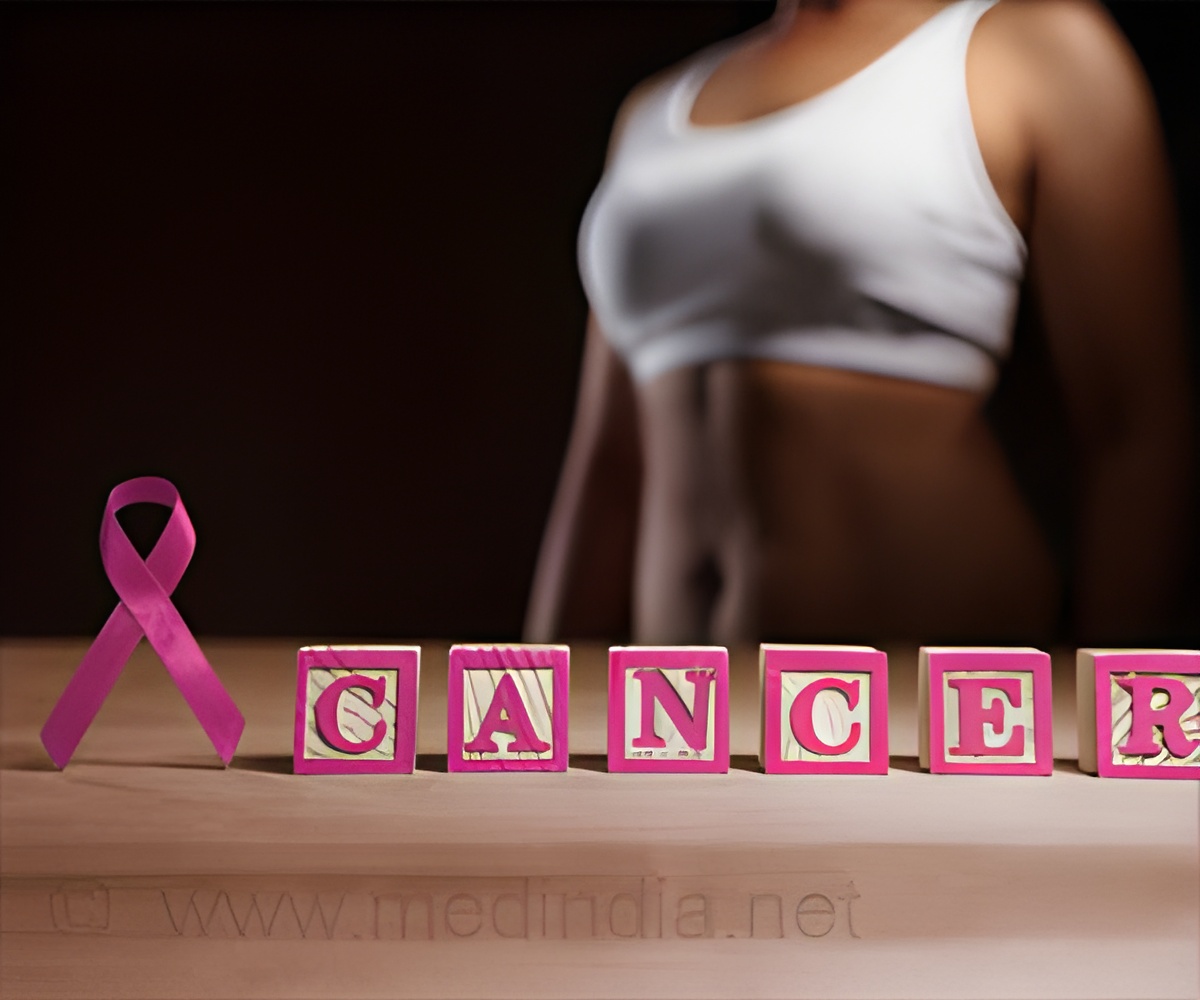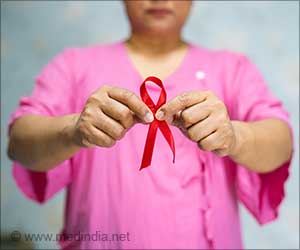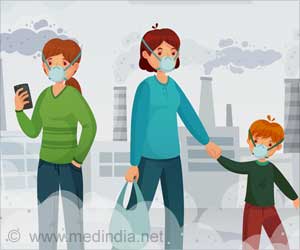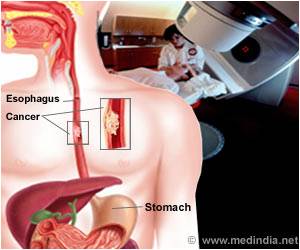Artificial intelligence model ChatGPT could help spread awareness about breast cancer symptoms with some inaccurate or even fictitious information.

A new study published in the journal Radiology indicates that the answers generated provide correct information most of the time; sometimes, though, the information is inaccurate or even fictitious.
A team of experts with the University of Maryland School of Medicine (UMSOM) presented ChatGPT with a set of 25 questions relative to breast cancer screening recommendations to determine whether the program could reliably offer appropriate guidance.
The questions covered everything from symptoms of breast cancer and who is most at risk, to costs associated with exams and how often women should undergo screening. The same questions were presented to the chatbot three separate times to assess its consistency, which has been questioned by many of its users since its launch.
Three radiologists who were fellowship-trained in mammography reviewed its responses for accuracy, consistency, and appropriateness. They found that it provided adequate answers to 22 out of the 25 queries.
ChatGPT Has ‘Great Potential’ to Improve Breast Cancer Prevention and Screening
They found ChatGPT answered questions correctly about 88 percent of the time, which is amazing. Researchers also suggested that the responses generated by ChatGPT were summarized into lay language that consumers could understand without difficulty.However, despite the chatbot’s ability to answer most questions appropriately, it did not earn a perfect score. It provided outdated information in response to one of the questions about mammograms and COVID vaccination, and on two others its responses varied significantly when prompted to answer the same question multiple times.
Advertisement
ChatGPT provided only one set of recommendations on breast cancer screening, issued from the American Cancer Society, but did not mention differing recommendations put out by the Centers for Disease Control and Prevention or the US Preventative Services Task Force.
Consumers should also be aware that these are new, unproven technologies, and should still rely on their doctor, rather than ChatGPT, for advice.
Source-Eurekalert














